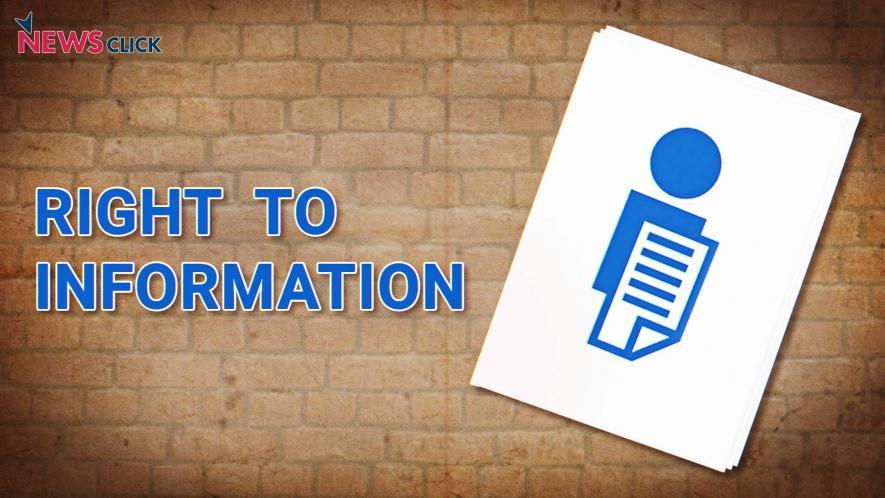Gender Disparity, Backlogs and Lack of Transparency Huge Concerns With Information Commissions in India: Report

The 'Report Card on the Performance of Information Commissions in India, 2022-23' by Satark Nagrik Sangathan (SNS) highlights the lack of diversity in the composition of information commissions in India. The English version of the report can be accessed here, and its Hindi version can be accessed here.
As per the report, only 9% of all information commissioners in India have been women. Worryingly, no commission is currently being headed by a woman, and 12 information commissions have never had a woman commissioner. These commissions are West Bengal, Uttarakhand, Telangana, Sikkim, Mizoram, Meghalaya, Manipur, Madhya Pradesh, Himachal Pradesh, Chattishgarh, Bihar and Andhra Pradesh. Of the 465 commissioners for whom the report had access to their background information, 58% were retired government officials, and 14% were former judges or lawyers.
The report pointed out that nine commissions in the country were without a chief information commissioner as of October 12, 2023. Of these nine, all posts of information commissioners were vacant in three commissions (Jharkhand, Tripura and Telangana).
Among other things, the report called out the opaque functioning of ICs, with only eight out of the 29 ICs stating that the public can attend their hearings. Six ICs said that "they do not allow anyone other than the appellant/complainant and the respondent (or their representatives) to attend the proceedings of the commission."
Additionally, only three ICs allow live-streaming of their hearings, which are held via video conferencing. These ICs are Manipur, Karnataka and Andhra Pradesh. Moreover, 23 out of 29 ICs were found to have provided public access to their orders. The SICs of Uttar Pradesh, Rajasthan, Manipur and Bihar do not upload their orders on their websites. Overall, there is a serious lack of transparency in the functioning of ICs.
"By failing to disclose information on their functioning, ICs continue to evade real accountability to the people of the country whom they are supposed to serve. The legal requirement for the central and state information commissions to submit annual reports every year to the Parliament and state legislatures, respectively, is to make, among other things, their activities transparent and available for public scrutiny. Very few ICs fulfil this obligation, and even fewer do it in time," the report said.
Several ICs have returned a large number of cases without passing any orders. The central and state ICs of Kerala, Uttar Pradesh, Bihar and Rajasthan have returned 41% of the cases they received. Moreover, several commissions have been found to have extremely low disposal rates. These commissions include Chhatisgarh, Odisha, Madhya Pradesh and West Bengal; their disposal rates are low even though they have a huge backlog of cases. The backlog of cases and long waiting time for new cases have been attributed to vacancies in commissions and low disposal rates. As of June 30, 2023, there were around 4 lakh pending appeals and complaints in the 28 ICs. Of these backlogs, Maharashtra accounts for around 1.2 lakh cases. In West Bengal state IC, the estimated waiting time was found to be 24 years and one month. Chhattisgarh and Tamil Nadu state ICs had an estimated disposal time of around four years.
The backlogs were also attributed to the fact that people have been filing a lot of cases with the ICs.
"Another factor contributing to a large number of information requests being filed in public authorities, many of which subsequently reach ICs, is the absence of effective grievance redress mechanisms in the country. An analysis of RTI applications in previous studies showed that at least 16% of applications seek information aimed at getting action on a complaint, getting a response from a public authority or getting redress for a grievance. In the absence of effective grievance redress laws, people often invoke the RTI Act in an attempt to force the government to redress their complaints by seeking information about the action taken on their complaint."
Get the latest reports & analysis with people's perspective on Protests, movements & deep analytical videos, discussions of the current affairs in your Telegram app. Subscribe to NewsClick's Telegram channel & get Real-Time updates on stories, as they get published on our website.
























